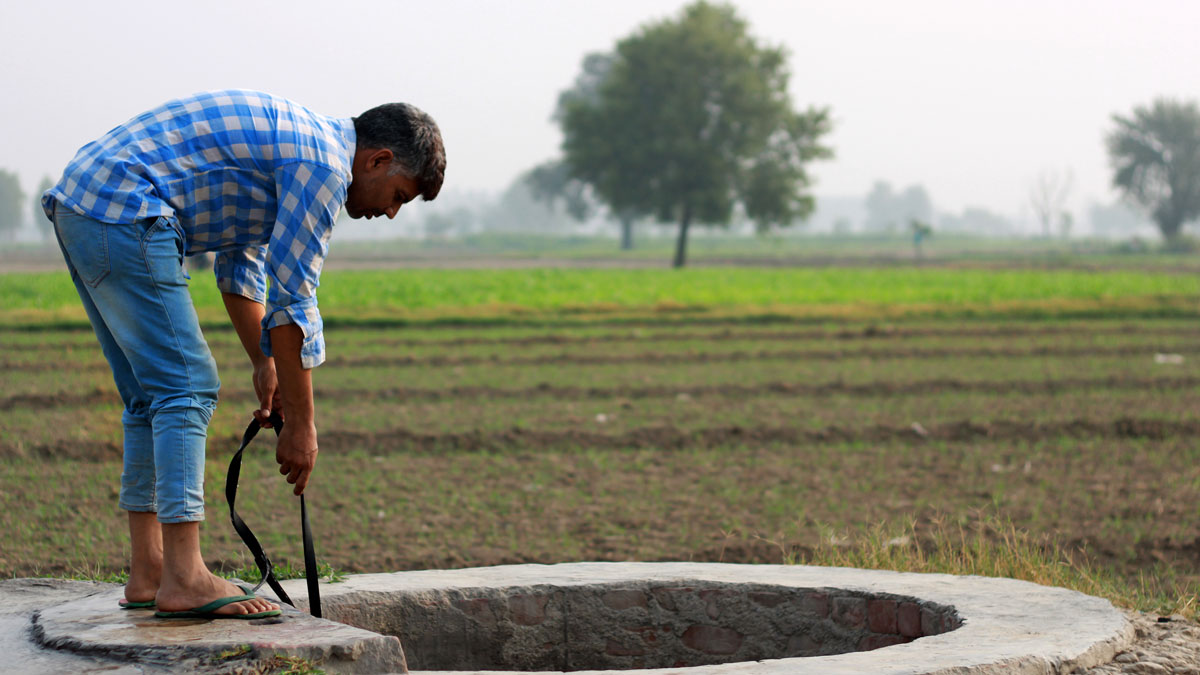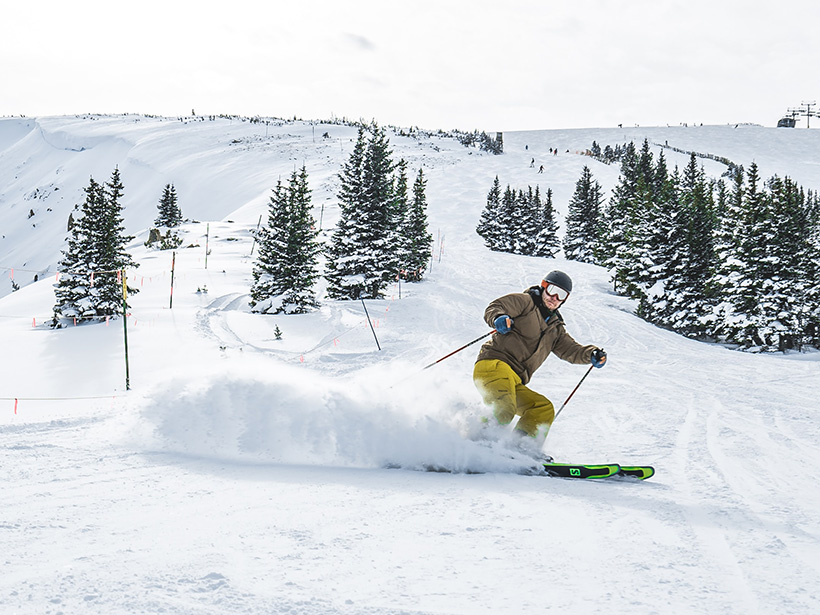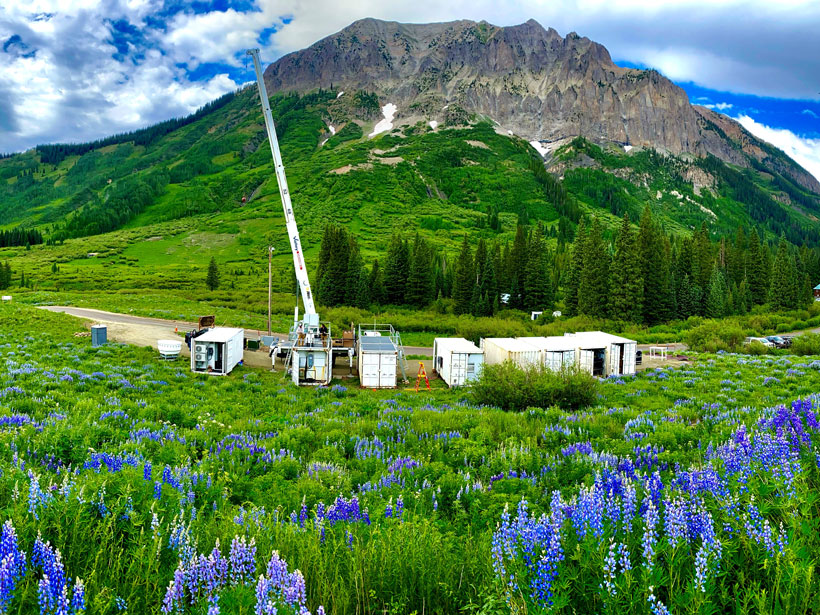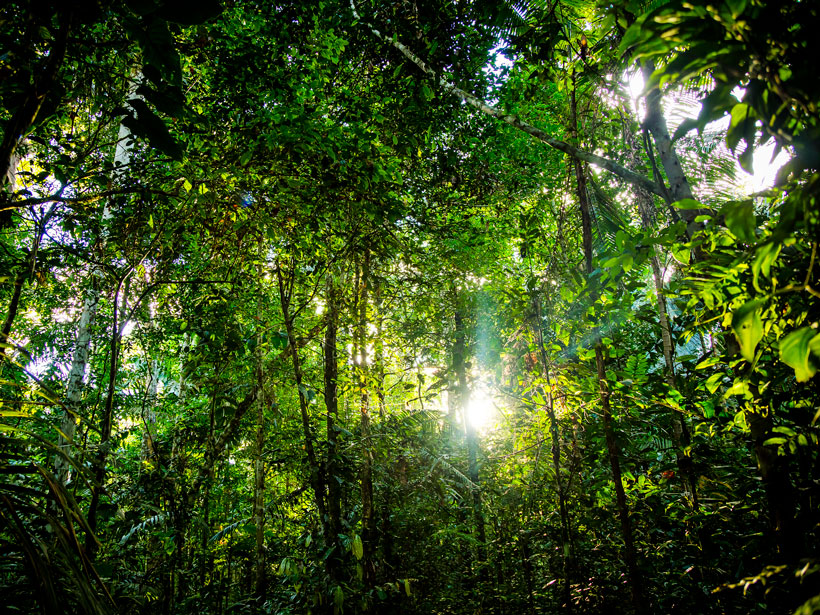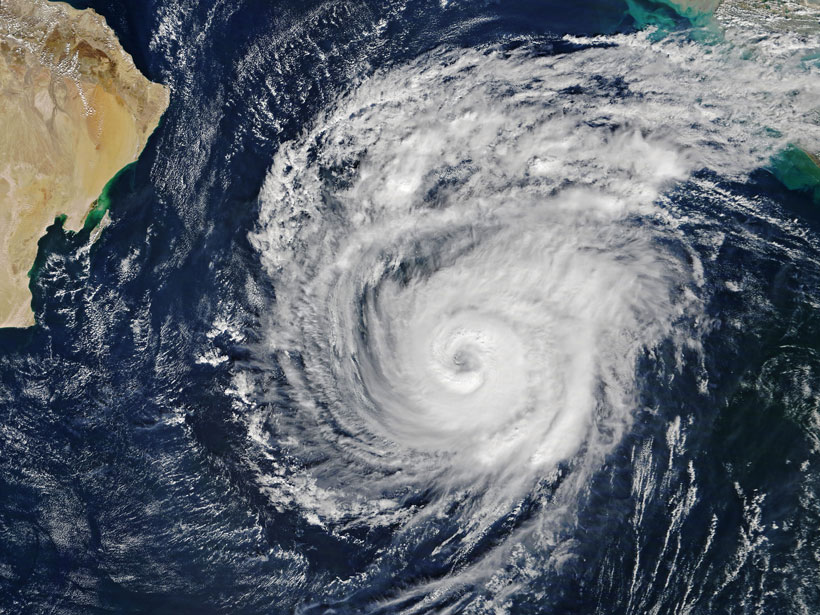A handful of new studies analyze the depletion and contamination of groundwater, as well as the effects of climate change—and how communities are responding.
science policy
Drone Rules Make Tracking Down Faults a Difficult Feat
Regulations differ from country to country, but on one point, they’re relatively uniform: Drones must remain within their operators’ line of sight. How do earthquake scientists collect drone data while working within the rules?
Tools for Improved Drought and Flood Response
A new book presents recent advances in the modeling and remote sensing of droughts and floods of use to emergency response organizations and policy makers on a global scale.
The Changing Climate’s Snowball Effect
Shrinking snowpack, thawing permafrost, and shifting precipitation patterns have widespread consequences. Can new technologies—and public policies—help communities adapt?
How the Ski Industry Stopped Worrying and Learned to Love Climate Activism
A cultural shift is underway to transform outdoor buffs into stalwarts for climate action. Will it come soon enough to save their sport?
Collaboration in the Rockies Aims to Model Mountain Watersheds Worldwide
As Earth’s climate changes at an unprecedented rate, the Surface Atmosphere Integrated Field Laboratory is studying precipitation on an unprecedented scale.
To Understand Hunger in Sub-Saharan Africa, Consider Both Climate and Conflict
Warfare exacerbates the impacts of drought to produce food insecurity crises that last long after the drought has passed, new research documents.
Forest Recovery in the Amazon Is a Slow Process
For the first time, a study analyzes Amazon forest loss and recovery at national and subnational levels. One finding shows that new plantings offset less than 10% of emissions associated with deforestation.
Climate Change Is Making India’s West Coast More Vulnerable to Cyclones
A new study found significant increases in the intensity, frequency, and duration of cyclonic storms over the Arabian Sea. Is the west coast prepared?
Building a Better River Delta
People have been engineering river deltas for millennia, but new research identifies the optimal placement for diversions that benefit both local communities and the environment—and it might be close to a city.

